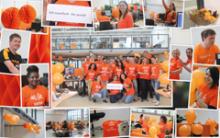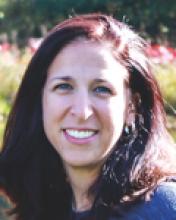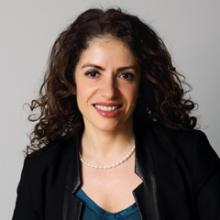Interviews
Sir Philip Campbell is editor-in-chief of the science journal Nature
Steve Arlington is president of the Pistoia Alliance – a global, not-for-profit alliance of life science companies, vendors, publishers, and academic groups
After learning to fly a plane, and then teaching German business executives to speak English, London Info International’s Philip Ditchfield also worked in pharma and publishing sales
Rafael Ball is director of the ETH Library in Zurich, Switzerland
After 20 years in financial services and the IT sector Paul Feldman is now chief executive of Jisc, the UK higher, further education and skills sectors' not-for-profit organisation for digital services and solutions
After holding a variety of positions in scholarly publishing, Melanie Dolechek is now executive director for the Society for Scholarly Publishing
WIth a background in mathematics and an early career developing software applications, Ella Balagula now leads the Engineering and Technology Solutions business within Elsevier's R&D Solutions group
Daniel Hook founded Symplectic in 2003, alongside three fellow PhD students. Several years later the company was noticed by Nature Publishing Group, which was in the early stages of planning Digital Science. That lead to an investment in Symplectic and the start of Hook's relationship with Digital Science, where he is now managing director
International Federation of Library Associations and Institutions (IFLA) deputy general secretary Stuart Hamilton will be speaking at this year's CILIP Conference. Here he talks about how information will shape global development goals and how information professionals the world over can shape their communities
Kari Paulson, vice president for market development, ebooks, at ProQuest, and Heather Sherman, head of library programme management at Dawson Books, tell Tim Gillett about the latest purchasing trends
David Weinberger is senior researcher at Harvard's Berkman Center for Internet & Society, and has been instrumental in the development of ideas about the impact of the web. Shortly before his recent keynote presentation at OCLC's EMEA Regional Council Meeting in Florence, he spoke with Sarah Bartlett


















